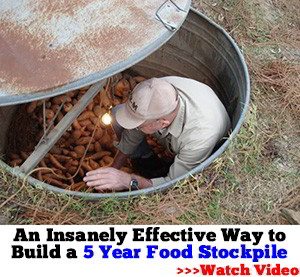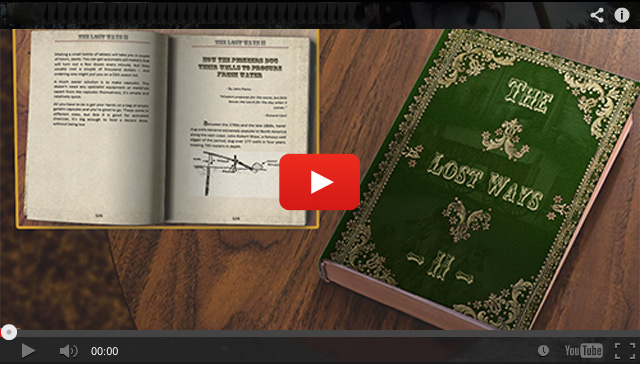Global Systemic Risk
There is no better indicator of increasing globalization.The interdependence of massive global interactions and structures has caused systemic risk to increase exponentially in recent times. Tangible risks—in systems as diverse as energy exploration and production, electricity transmission, computer networks, healthcare, food and water supplies, transportation networks, commerce, and finance—now threaten global political, economic, and financial systems that affect citizens of every nation. As a result, the study of risk has the potential to become an important and influential academic and policy field.
Global Systemic Risk will focus on the robustness and fragility of global human-made organizational systems and is concerned with risks that have short- to medium-term likelihood and consequences.
The most obvious example of how interactive systems can lead to risk is the financial crisis of 2007-2008. Over and above regulatory failure and personal malfeasance, the manner in which declines in the real estate values of pockets of American suburbia led to the greatest economic challenge since the Great Depression reflects the interconnectivity and interdependence of financial institutions. The research community argues that other global systems may be subject to the same kind of emergent disruptions: those caused not by the characteristics of any single part, but from the interaction of large numbers of apparently autonomous agents. The global energy system, information networks, and air and sea transport may increase the efficiency of production and distribution, but may also make these more susceptible to catastrophic failure. Our food and epidemiological security, for example, may be improved by paying greater attention to how the systemic whole comes to represent more than the sum of its parts.
The government says that there are 10 trillion dollars sitting in the US Banking system that we can go and easily withdrawal. How can that be true when there only exists 1.4 trillion of real money in circulation (dollars and coins) and more than one half of that is outside the US. This doesn’t include the 10s of trillions more that we owe other countries that have purchased our debt. If our creditors were to all come and ask for their money at one time there would be less than $1 dollar for every $1000 dollars owed.
The world economy collapses. All Great empires based on fiat currencies end in this way. It makes be sick that the Fed decided to bailout the corrupt bankers instead of the US citizens. Instead of bailing out the banks, the Fed could have paid off every consumer debt in the country and freed up trillions of dollars for the consumer. Instead they padded the pockets of the banking elite. Now they are setting things up to try one last historic cash grab. Driving the stock market to all time highs so then can short the hell out of it. I think Trump will snuff if he is not assassinated first.
If the United States had an economic downturn on the scale of the Great Depression of 1929, your life would change dramatically. One out of every four people you know would lose their job. That’s because the unemployment rate would quintuplet from its current rate of 5 percent to 25 percent.
Economic output would plummet 25 percent. That means Gross Domestic Product (GDP) would fall from its current $18 trillion level to $13.5 trillion.
Many economists believe that the biggest economic crisis of all times is still on its way. This award winning film opens our eyes to what is really going on globally when it comes to the financial situation.
During the Depression, half of the nation’s banks failed. In the first 10 months of 1930 alone, 744 failed. That was 1,000 percent more than the annual rate in the 1920s. By 1933, 4,000 banks had failed. As a result, depositors lost $140 billion. (Source: “Bank Failures,” Living History Farm.)
People were stunned to find out that banks had used their deposits to invest in the stock market, so they rushed to take their money out of the bank. These bank “runs” forced even good banks out of business. Fortunately, that rarely happens anymore. Depositors are protected by the Federal Deposit Insurance Corporation, a program created during the New Deal.The Depression caused many farmers to lose their farms. At the same time, years of overcultivation and a drought created the “Dust Bowl” in the Midwest. It ended agriculture in a previously fertile region. Thousands of these farmers and other unemployed workers looked for work in California.
Many ended up living as homeless “hobos.” Others moved to shantytowns called “Hoovervilles,” named after then-President Herbert Hoover. For more, see Timeline of the Great Depression.
What Will Happen If the US Economy Collapses?
If the U.S. economy collapses, you will not have access to credit.
Banks will close. That means high demand, and low supply, of food, gas and other necessities. If the collapse affects local governments and utilities, then water and electricity will no longer be available. As people panic, self-defense becomes more important. The economy quickly reverts to a traditional economy, where those who grow food barter for other services.
A U.S. economic collapse would create global panic. Demand for the dollar, and U.S. Treasuries, would plummet. Interest rates would skyrocket Investors would rush to other currencies, such as the yuan, euro, or even gold. It would create not just inflation, but hyperinflation as the dollar became dirt cheap.
The ability to anticipate and prevent catastrophic consequences.
How to Prepare for a Collapse
It’s difficult to completely protect yourself from a U.S. economic collapse because it can happen very quickly. In most catastrophes, people survive through their knowledge, wits and by helping each other out. Therefore, make sure you understand basic economic concepts so you can see warning signs of instability. For more, see What Not to Do in a Stock Market Crash.
Second, keep as many assets as liquid as possible, so you can withdraw them within a week. In addition to your regular job, make sure you have skills that you’d need in a traditional economy, such as farming, cooking, or repair. Make sure your passport is current, and you know where you would go, in case you’d need to quickly leave the country.
These elitists plan to ride out the coming American apocalypse in style while the world above them is literally going insane.
Meanwhile, most of the general population continues to be completely oblivious to what is about to happen to them, and so the events that are coming will close upon them suddenly like a trap and there will be no escape.
Books can be your best pre-collapse investment.
Old Time Wisdom ( Timeless Bits of Wisdom on How to Grow Everything Organically, from the Good Old Days When Everyone Did you can prepare yourself for war by moving to the countryside and building a farm, but you must take guns with you, as the hordes of starving will be roaming. Also, even though the elite will have their safe havens and specialist shelters, they must be just as careful during the war as the ordinary civilians, because their shelters can still be compromised.”)
The Lost Ways (Learn the long forgotten secrets that helped our forefathers survive famines,wars,economic crisis and anything else life threw at them)
LOST WAYS 2 ( Word of the day: Prepare! And do it the old fashion way, like our fore-fathers did it and succeed long before us, because what lies ahead of us will require all the help we can get. Watch this video and learn the 3 skills that ensured our ancestors survival in hard times of famine and war.)



